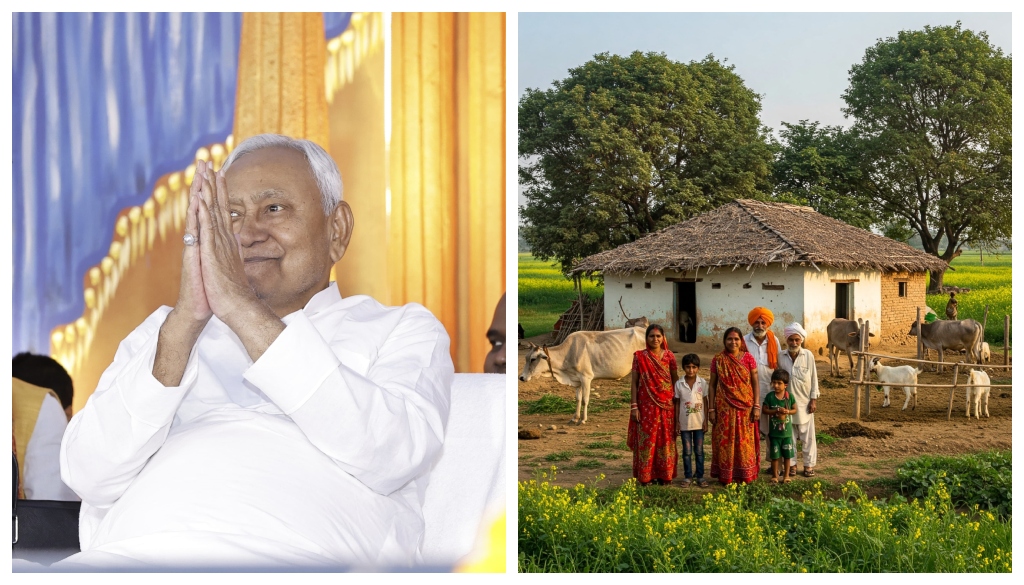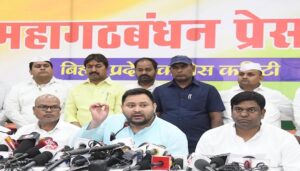Bihar Lifts Over 95,000 Families Out of Extreme Poverty Through Sustainable Livelihood Scheme

Patna: The Bihar government has helped more than 95,000 families escape extreme poverty under its Sustainable Livelihood Scheme, a flagship initiative led by the Rural Development Department in partnership with the JEEViKA project.
Launched to support the state’s most marginalised communities, the programme provides financial assistance and livelihood resources to enable households to become self-reliant and improve their standard of living.
According to official data, 2,01,218 families have been identified under the scheme so far. Of these, 1,85,122 families have received livelihood gap funding, while 1,89,271 families have been given integrated assets such as cows, goats and other livestock to facilitate income generation.
The initiative primarily targets vulnerable groups including Scheduled Castes, Scheduled Tribes, and economically disadvantaged communities. Many beneficiaries were formerly engaged in traditional occupations such as toddy tapping and liquor production. With the support of the scheme, they have transitioned to more sustainable and socially accepted forms of employment.
Each household receives investment support ranging from Rs 1 lakh to Rs 2 lakh, enabling them to pursue income-generating activities such as animal husbandry. Officials say this has contributed to improved household income and long-term economic stability.
Beyond its economic impact, the scheme is also credited with driving social change. Increased participation of rural women in both household and community decision-making processes has been observed, pointing to a shift in social dynamics.
The government has hailed the scheme’s success as a demonstration of the transformative power of targeted welfare programmes and grassroots mobilisation.





